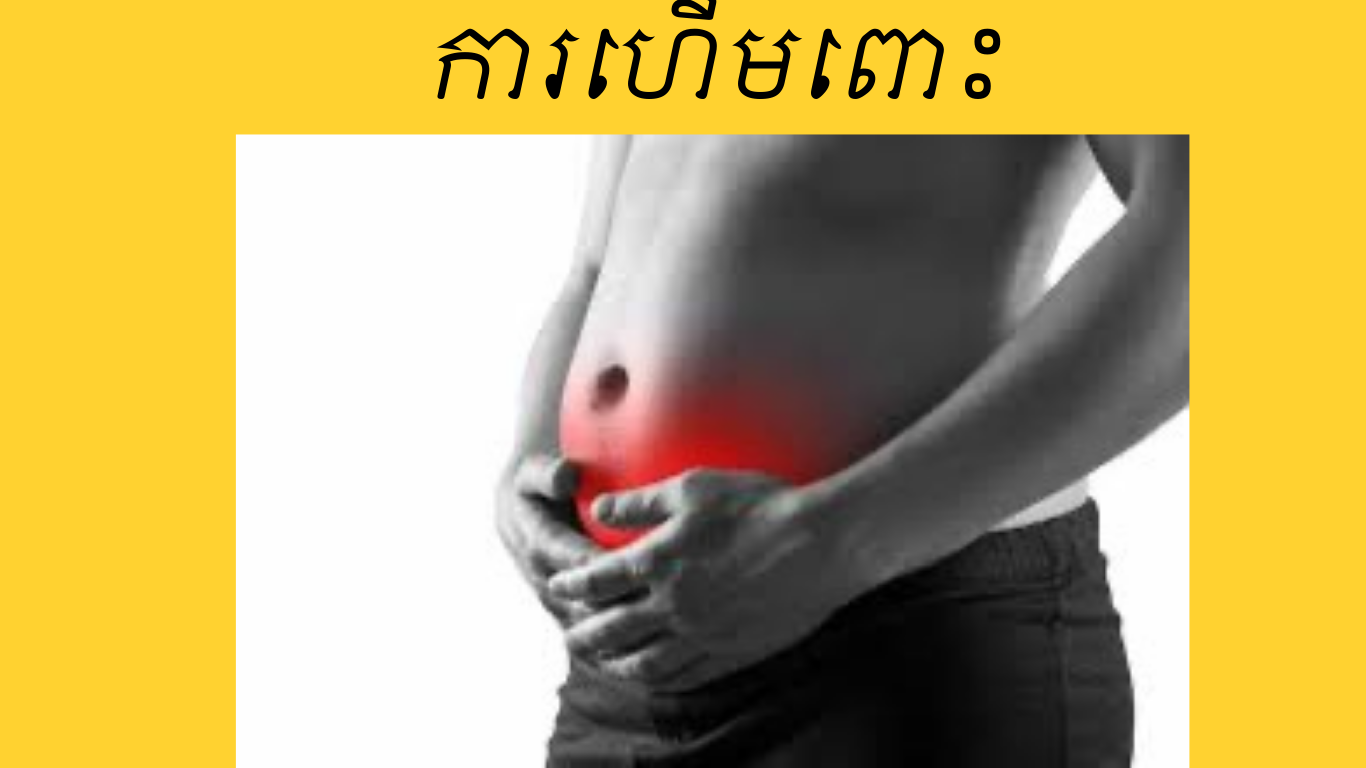Diseases January 17th, 2025
Abdominal bloating

Abdominal bloating is a common condition characterized by a feeling of fullness, tightness, or swelling in the abdomen. It can be caused by a variety of factors, including diet, lifestyle, and underlying medical conditions. Here’s a comprehensive guide to understanding, treating, and preventing abdominal bloating:
Symptoms of Abdominal Bloating
- A sensation of fullness or tightness in the abdomen.
- Visible swelling or distension of the abdomen.
- Discomfort or pain in the abdominal area.
- Excessive gas (flatulence) or burping.
- Changes in bowel movements (constipation or diarrhea).
Common Causes of Abdominal Bloating
- Dietary Factors:
- Gas-Producing Foods: Beans, lentils, broccoli, cabbage, onions, and carbonated drinks.
- High-Fat Foods: Slow digestion, leading to bloating.
- Artificial Sweeteners: Sorbitol and mannitol can cause gas and bloating.
- Lactose Intolerance: Inability to digest lactose in dairy products.
- Gluten Sensitivity or Celiac Disease: Reaction to gluten in wheat, barley, and rye.
- Lifestyle Factors:
- Overeating: Eating large meals can stretch the stomach.
- Eating Too Quickly: Swallowing air while eating.
- Lack of Physical Activity: Slows digestion.
- Medical Conditions:
- Irritable Bowel Syndrome (IBS): A common cause of bloating, often accompanied by cramping and changes in bowel habits.
- Constipation: Stool buildup can cause bloating.
- Small Intestinal Bacterial Overgrowth (SIBO): Excess bacteria in the small intestine.
- Gastroesophageal Reflux Disease (GERD): Acid reflux can cause bloating.
- Ovarian Cysts or Tumors: Can cause abdominal swelling and bloating.
- Liver or Kidney Disease: Fluid retention can lead to bloating.
- Other Factors:
- Menstrual Cycle: Hormonal changes can cause bloating before or during menstruation.
- Stress or Anxiety: Can affect digestion and lead to bloating.
Treatment of Abdominal Bloating
1. Dietary Changes
- Avoid Gas-Producing Foods: Limit beans, lentils, broccoli, cabbage, onions, and carbonated drinks.
- Reduce Fat Intake: Avoid high-fat and fried foods.
- Limit Artificial Sweeteners: Avoid sorbitol, mannitol, and xylitol.
- Identify Food Intolerances: Eliminate lactose or gluten if intolerant.
- Eat Smaller Meals: Smaller, more frequent meals can reduce bloating.
2. Lifestyle Modifications
- Eat Slowly: Chew food thoroughly and avoid swallowing air.
- Exercise Regularly: Physical activity promotes digestion and reduces bloating.
- Stay Hydrated: Drink plenty of water to prevent constipation.
- Avoid Chewing Gum: Can cause you to swallow air.
3. Over-the-Counter (OTC) Remedies
- Simethicone: Breaks up gas bubbles (e.g., Gas-X, Mylanta Gas).
- Probiotics: Help balance gut bacteria (e.g., yogurt, kefir, or supplements).
- Laxatives: For bloating caused by constipation (e.g., polyethylene glycol).
- Digestive Enzymes: Help break down hard-to-digest foods (e.g., lactase for lactose intolerance).
4. Medical Treatments
- Prescription Medications:
- For IBS: Antispasmodics (e.g., dicyclomine) or antidepressants (e.g., amitriptyline).
- For SIBO: Antibiotics (e.g., rifaximin).
- Therapies:
- Cognitive Behavioral Therapy (CBT): For stress-related bloating.
- Biofeedback: For IBS-related bloating.
When to See a Doctor
Consult a healthcare provider if:
- Bloating is persistent or severe.
- You experience unexplained weight loss.
- There is blood in your stool or vomit.
- You have severe abdominal pain or swelling.
- You have a family history of ovarian, stomach, or colon cancer.
Prevention Tips
- Maintain a Food Diary: Identify and avoid trigger foods.
- Eat a Balanced Diet: Include fiber-rich foods, but increase intake gradually.
- Exercise Regularly: Promotes healthy digestion.
- Manage Stress: Practice relaxation techniques like yoga or meditation.
Key Points
- Abdominal bloating is usually caused by dietary or lifestyle factors and can often be managed with simple changes.
- If bloating is persistent or accompanied by other symptoms, seek medical advice to rule out underlying conditions.
By identifying the cause and making appropriate adjustments, most people can effectively manage and prevent abdominal bloating.
- Tags:
- Abdominal bloating, ការហើមពោះ



